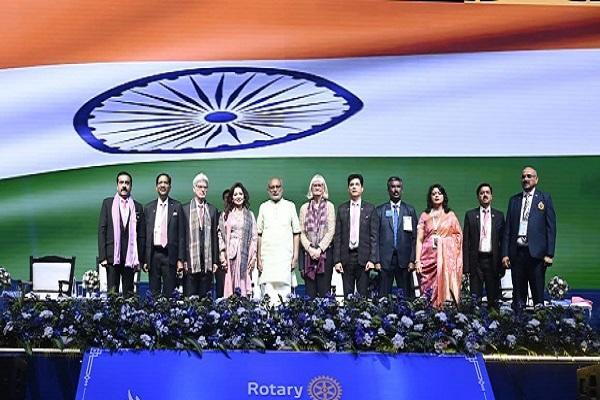
AI, Creators & Tier-2 Cities Power India’s Startup Growth
India’s startup ecosystem has been gaining momentum in recent years, with a significant increase in the number of startups and their growth rate. A recent report by Meta-A&M reveals key trends that are driving this growth, including the adoption of Artificial Intelligence (AI), omnichannel models, expansion to Tier-2 and Tier-3 cities, and the rise of the creator economy.
The report, which surveyed over 100 startups, reveals that 70% of them are using AI in some form, whether it’s for data analysis, customer service, or content creation. This is an impressive number, considering that AI is still a relatively new technology in the Indian startup landscape. The adoption of AI is not limited to any particular industry; startups across sectors such as fintech, healthcare, and e-commerce are leveraging AI to gain a competitive edge.
Another key trend that emerged from the report is the increasing adoption of omnichannel models. Omnichannel marketing involves using multiple channels, such as social media, email, and mobile apps, to reach customers and provide a seamless experience. The report reveals that 67% of startups are using omnichannel models, which is a significant increase from previous years. This trend is driven by the need for startups to provide a consistent brand experience across multiple touchpoints and to reach customers where they are most active.
The expansion of startups to Tier-2 and Tier-3 cities is another key trend that is shaping the Indian startup landscape. The report reveals that 95% of startups are targeting smaller cities, which is a significant shift from traditional startup hubs such as Bangalore and Delhi. This trend is driven by the need for startups to tap into the vast talent pool and growing consumer demand in smaller cities. Tier-2 and Tier-3 cities offer a lower cost of living and doing business, making them attractive destinations for startups.
The rise of the creator economy is another key trend that is powering India’s startup growth. The report reveals that 88% of startups are partnering with influencers early on, which is a significant increase from previous years. This trend is driven by the need for startups to build brand awareness and reach a wider audience. Creators, such as influencers and content creators, have a significant following and can help startups to build credibility and reach new customers.
So, what does this mean for startups and the broader startup ecosystem? The trends outlined in the report are reshaping how startups scale, connect with users, and build future-ready brands across India. Here are a few key takeaways:
- AI-powered innovation: The adoption of AI is driving innovation in the Indian startup ecosystem. Startups that are leveraging AI are able to gain a competitive edge and provide better services to their customers.
- Omnichannel marketing: The increasing adoption of omnichannel marketing is changing the way startups connect with customers. Startups that are able to provide a seamless experience across multiple channels are likely to see an increase in customer engagement and loyalty.
- Tier-2 and Tier-3 city expansion: The expansion of startups to Tier-2 and Tier-3 cities is opening up new opportunities for startups to tap into talent and consumer demand. Startups that are able to adapt to local conditions and build strong relationships with customers are likely to see success in these markets.
- Creator economy: The rise of the creator economy is providing new opportunities for startups to build brand awareness and reach a wider audience. Startups that are able to partner with creators and build strong relationships with them are likely to see an increase in brand visibility and customer engagement.
In conclusion, the Indian startup ecosystem is evolving fast, driven by the adoption of AI, omnichannel models, expansion to Tier-2 and Tier-3 cities, and the rise of the creator economy. These trends are reshaping how startups scale, connect with users, and build future-ready brands across India. As the startup ecosystem continues to evolve, it will be exciting to see how these trends shape the future of Indian entrepreneurship.






